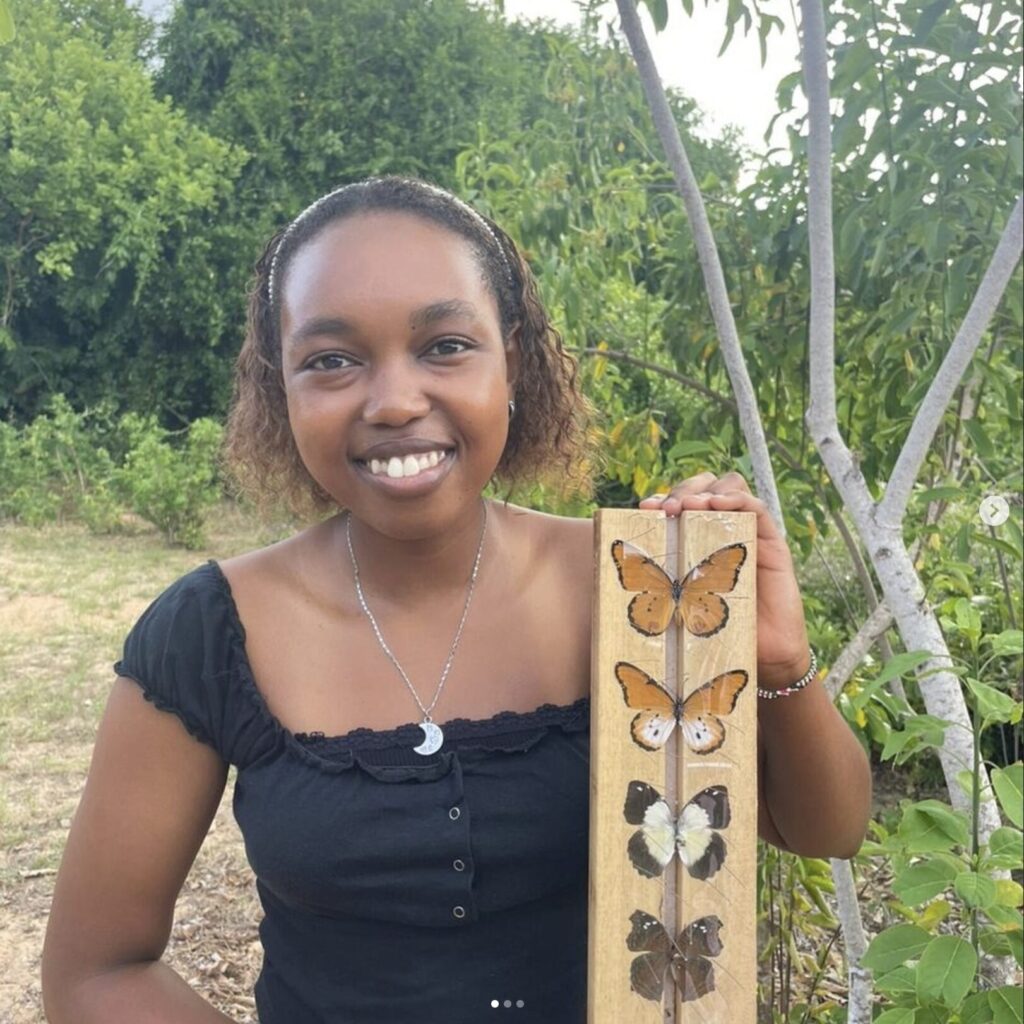Lepidoptera at A Rocha Kenya
”Last year, I was introduced to Lepidoptera studies when I started volunteering at A Rocha Kenya (Lepidoptera refers to an order of insects that comprises butterflies and moths). I was just fresh out of college, doing a diploma in Wildlife Management, and till then I did not know much about these insects. All I knew was butterflies were pretty and moths were annoying when they buzzed around your ear.
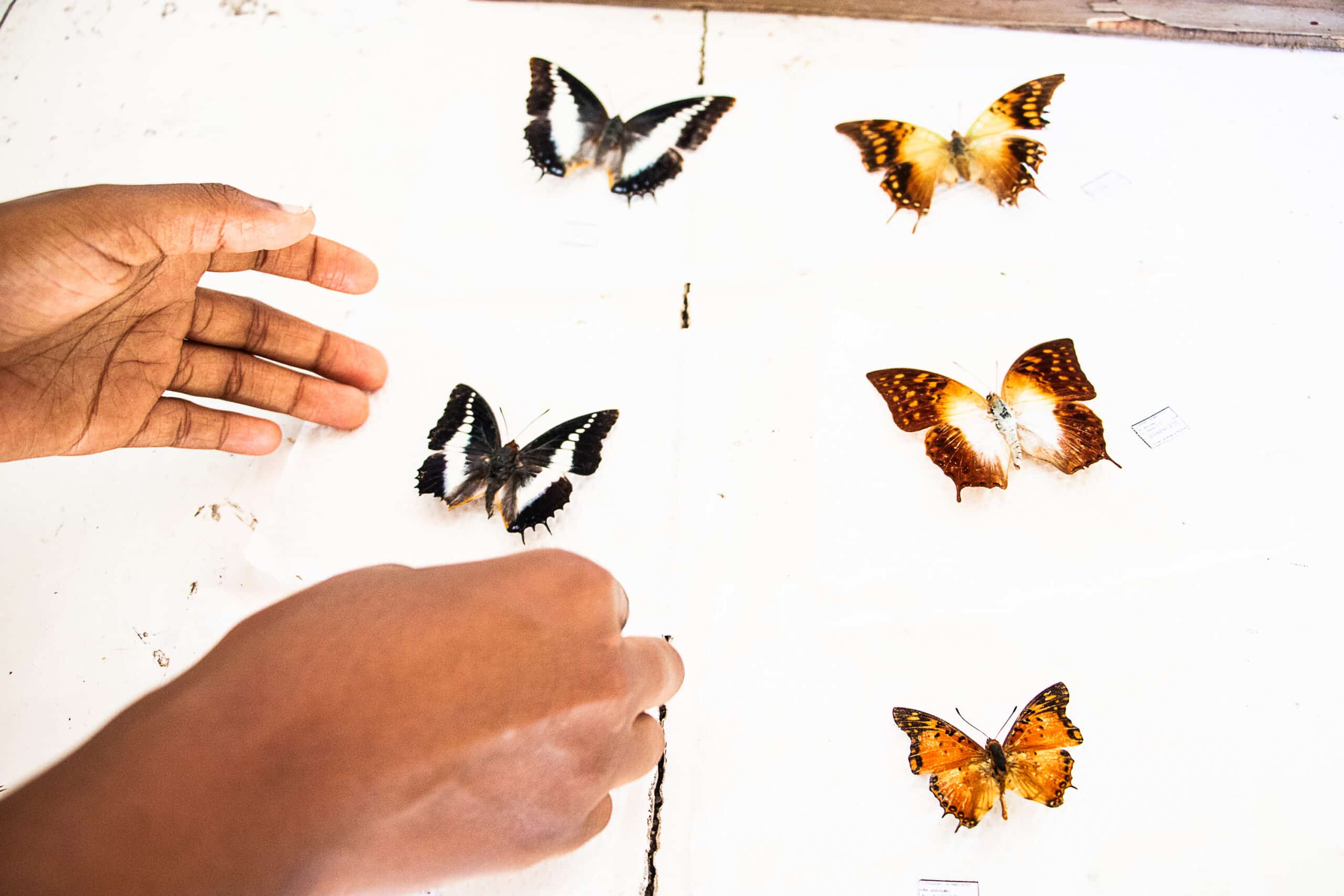
My introduction to butterflies was when I accompanied Anna, one of the staff members at A Rocha, to Dakatcha nature Reserve and she gave me a butterfly net. At that time Dakatcha had just received rains and it was green and lashious and butterflies were dancing around. They were dancing and I was chasing them, catching them and for the first time noticing the difference’s between them. I went for the big colourful ones, my interest in the smaller blues and coppers would come later as I got to know more about them. I pinned my first collection. It was a good job, not perfect but truly I can say that was the beginning of my interest in identifying them.
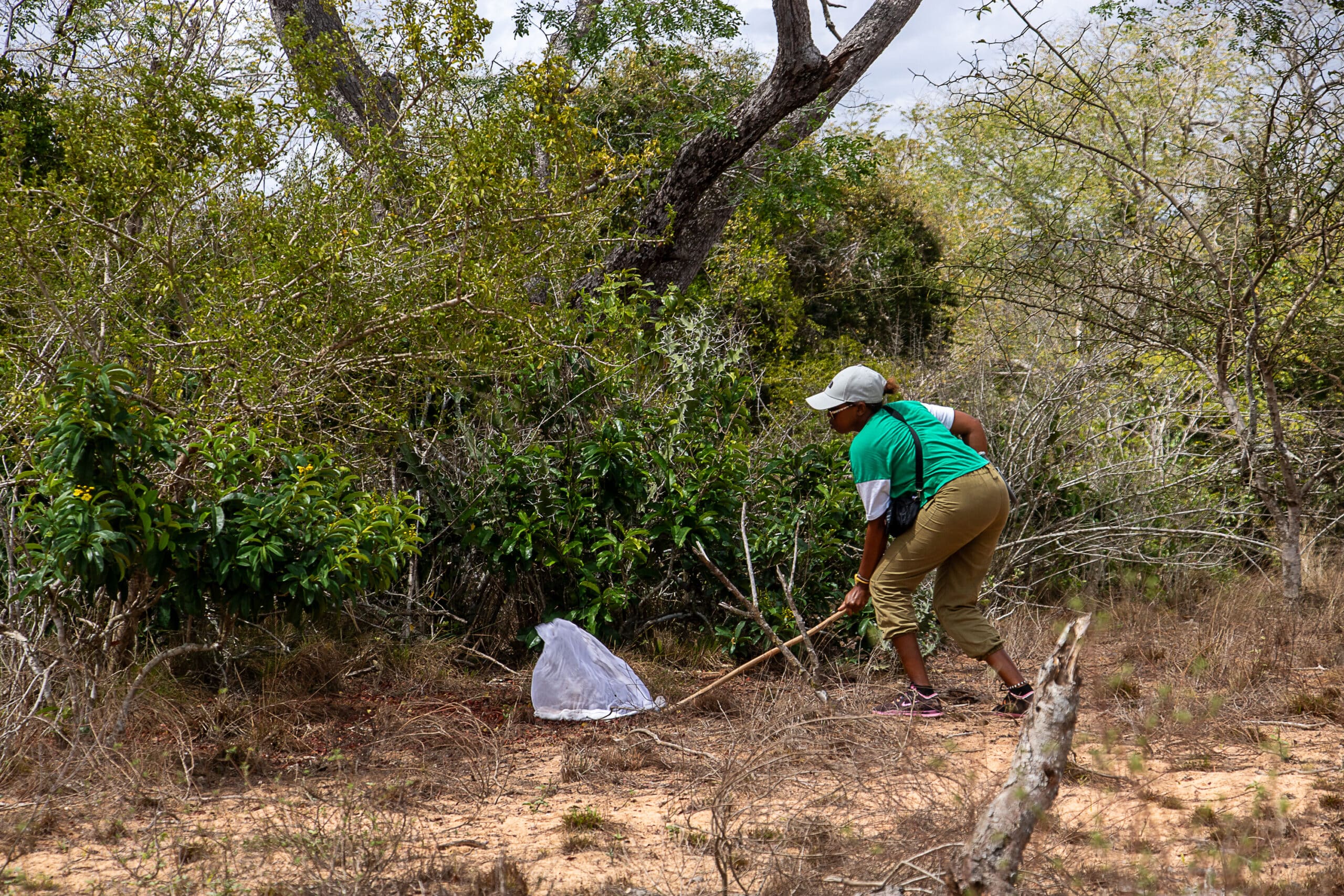
As for moths, one of my supervisor at ARK, Dr. Colin Jackson, showed me this worn down moth box infront of the office building that I had somehow failed to notice in my three moths of being at ARK. In all honesty I was bewildered when I first saw it and wondered how I would have never noticed it. Maybe it would have helped if it was decorated with some flowers. Little did i know that thing was going to be my best friend later, and I would use the phrase, ‘Needs a bit of love’, whenever visitors would come help with the identification. At the end of the year our facilities manager, Henry, did a wonderful job in fixing it.
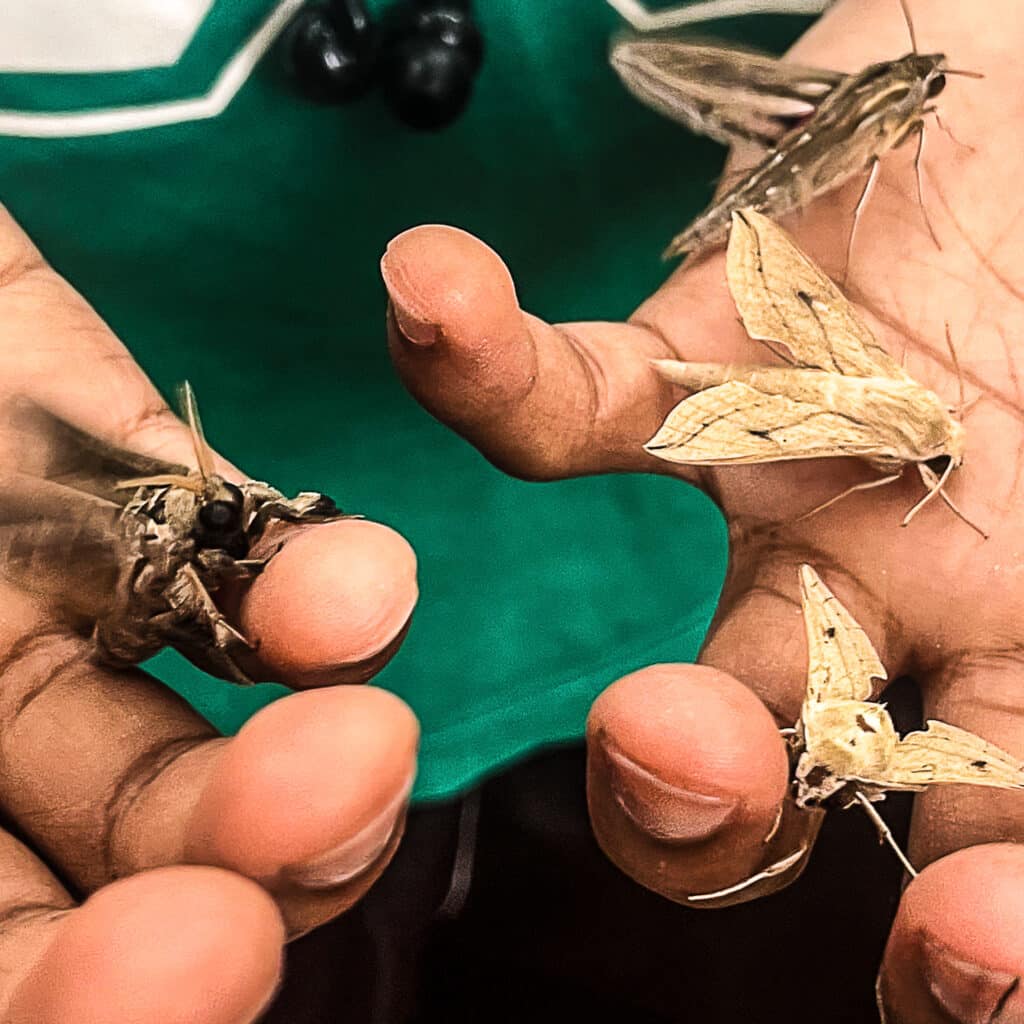
As I look at the analysis of the data I collected last year, i see a lot of growth in my understanding of moths and butterflies. I carried out 19 butterfly surveys both in Dakatcha and Mwamba in Watamu. Out of this, I recorded a total of 176 individuals totalling to 60 species of butterflies.
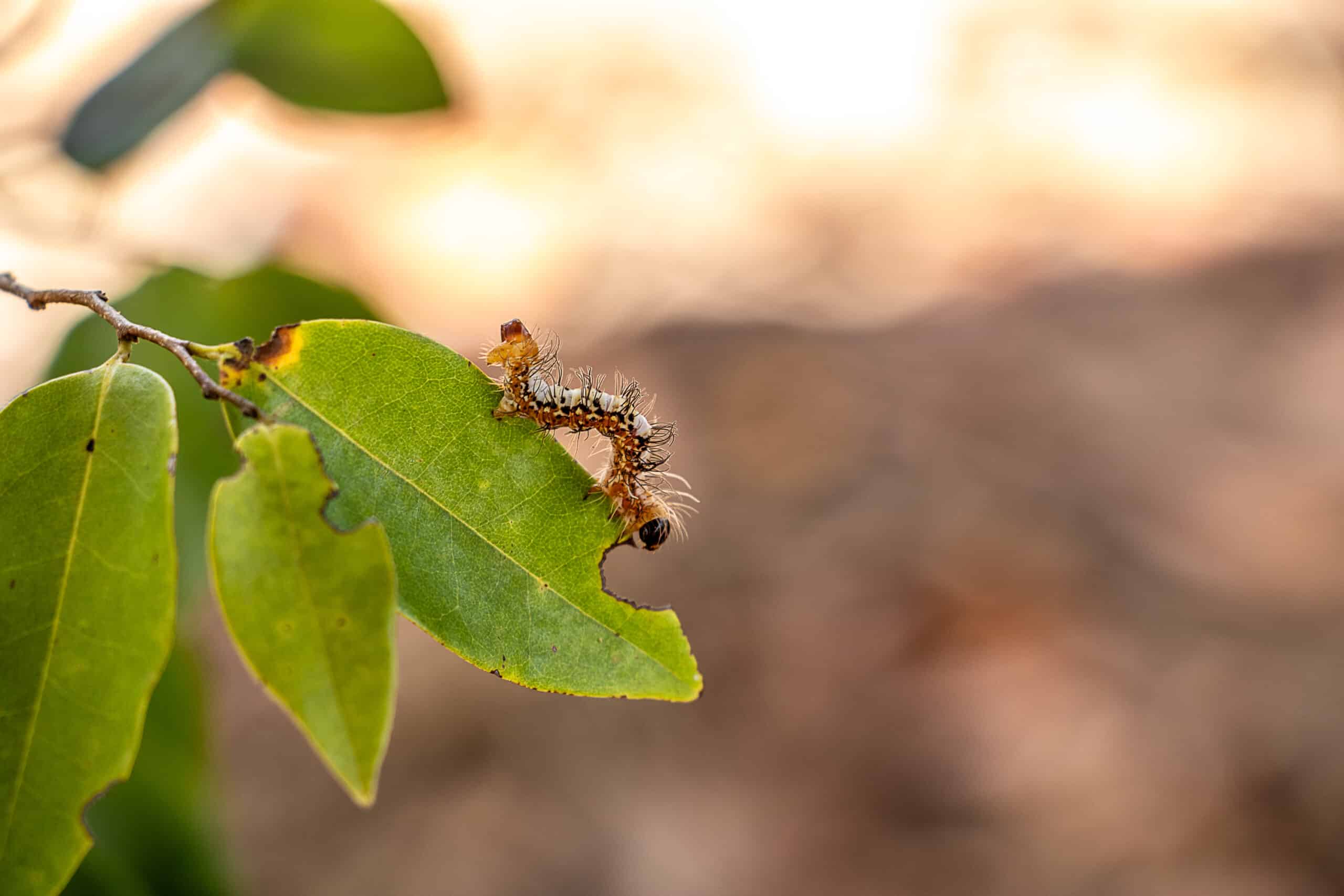
In conclusion, looking at my 2025 data for the month of January, I can say that all the work I did on Lepidoptera in 2024 was worth while. It created a pilot study for the work I will be doing and helped shape my understanding. Through it I have developed protocols and structures for the surveys. I am still working on perfecting my data collection methods but I am motivated to become better and better that motivates me.”
